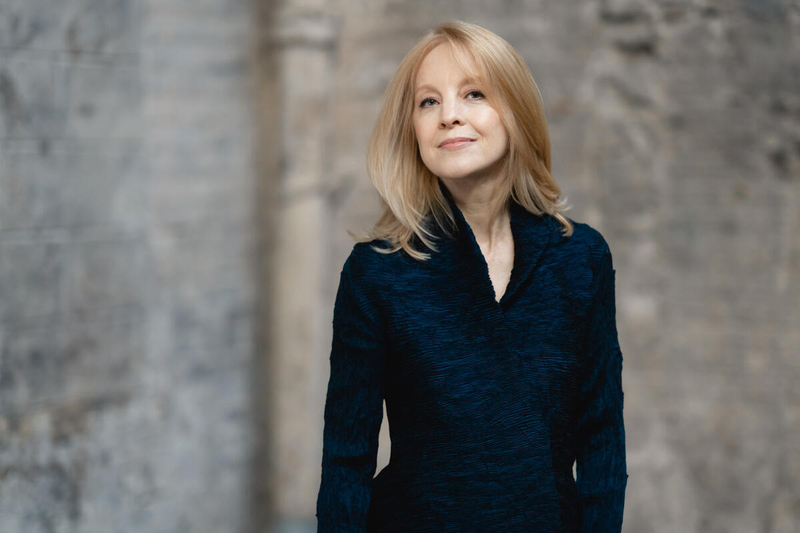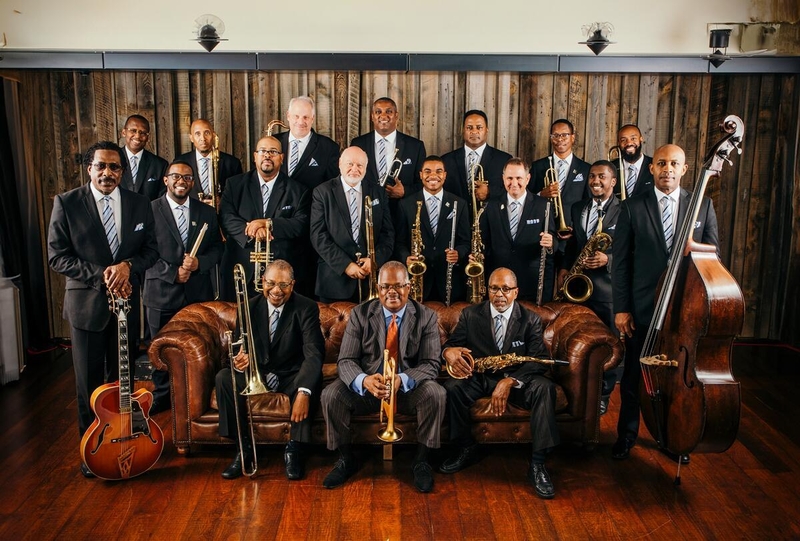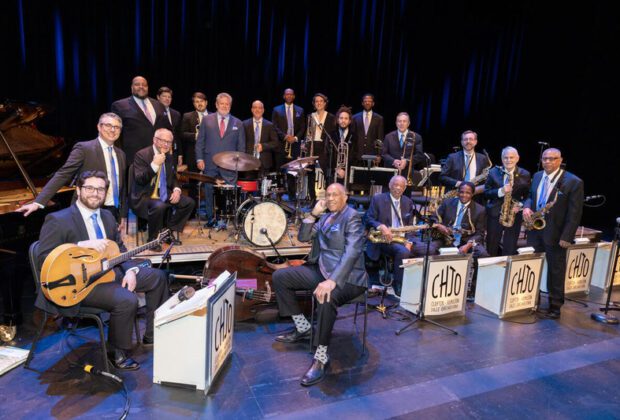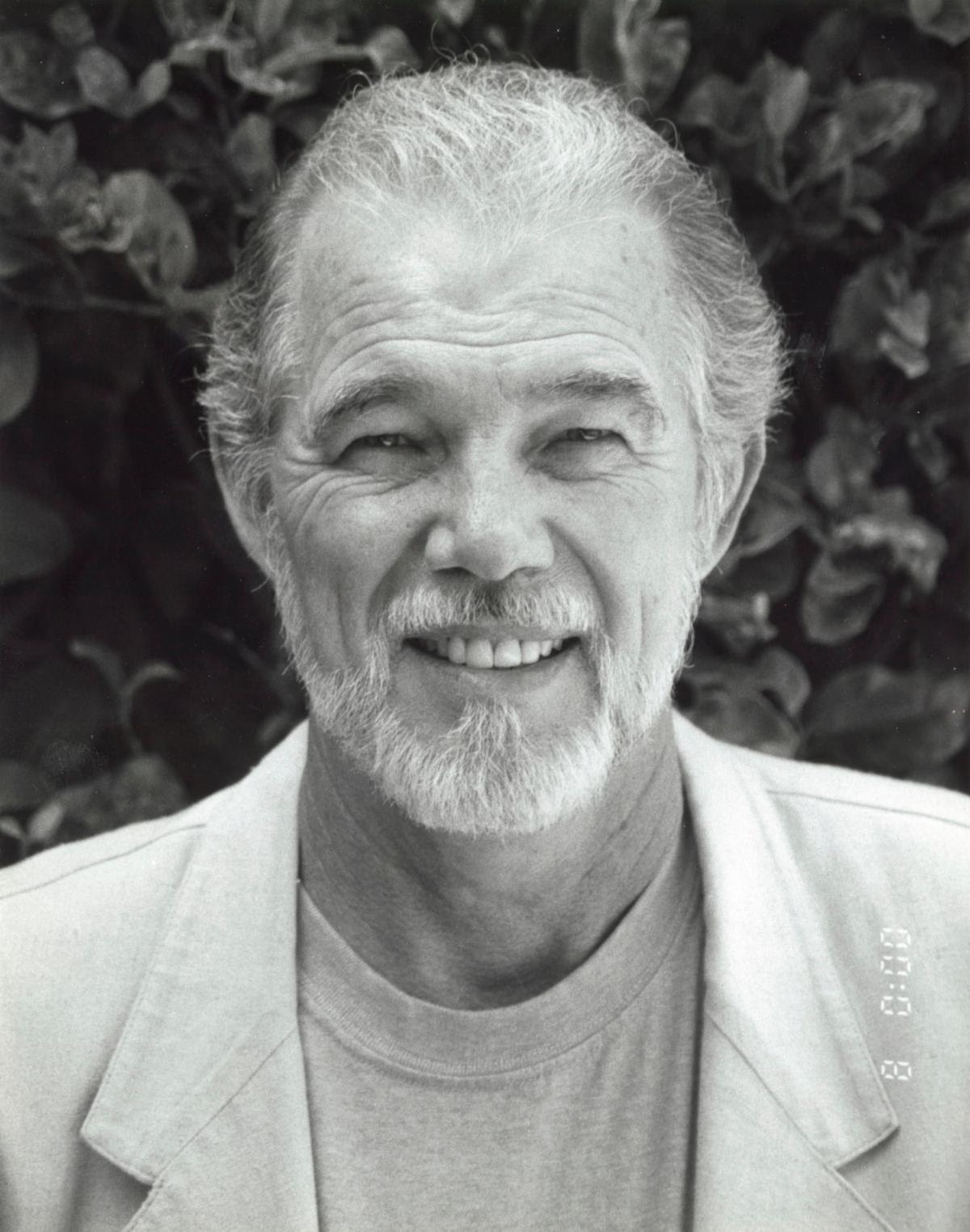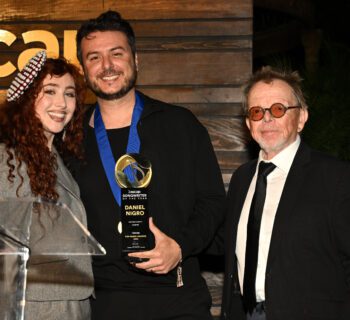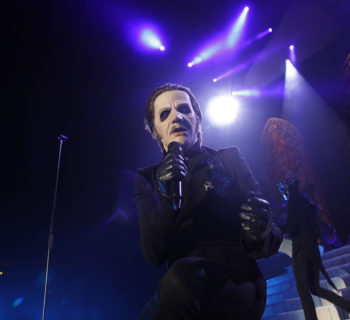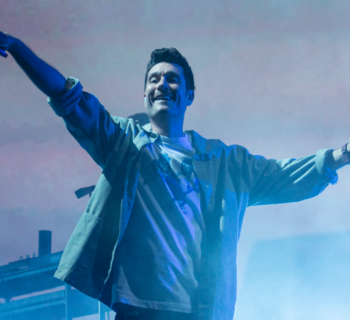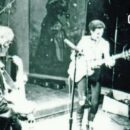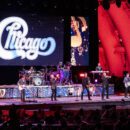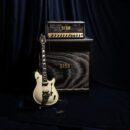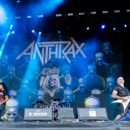The distinction between the general term “big band music” and the fabulous Swing era often
associated with the term comes clear at the end of the first paragraph in the Wikipedia entry
about the beloved style. Technically, we learn, “a big band or jazz orchestra is a type of musical
ensemble of jazz that usually consists of ten or more musicians with four sections.” And then:
“The term “big band” is also used to describe a genre of music, although this was not the only
style of music played by big bands.”
The Hollywood Bowl described their Big Band Night as one where “some of the biggest big
bands in the land take the stage for a night of swinging good times.” Those who attended the
venue’s Big Band Night thinking they would be swing dancing to timeless Glenn Miller or Benny
Goodman tunes may have left disappointed, but the three large ensembles that performed –
Clayton-Hamilton Jazz Orchestra, Count Basie Orchestra ft. guest vocalist Nnenna Freelon and
Maria Schneider Orchestra – offered an eclectic blend of dynamically arranged jazz marked by
exciting swells of brass, buoyant rhythms and (most significantly), a seemingly endless blaze of
colorful, richly improvisational horn solos.
Closing in on its 40 th anniversary, the L.A. large ensemble treasure known as the Clayton-
Hamilton Jazz Orchestra opened in robust, high-energy form, with the great Rickey Woodard’s
powerhouse sax solo standing out over the whimsical swing of “Georgia” and a cool romp
through Horace Silver’s “The Jody Grind” featuring fiery, percussive brass flourishes and
another hot, smoky sax solo. In a set unfortunately limited to four tunes, a grand unexpected
highlight was their choice of Billy Joel’s gorgeous yet somber and meditative “And So It Goes.”
After a reflective, easy swaying intro section, the heart of the melancholy melody was expressed
via the beautiful solo bowing of leader/bassist John Clayton on the upright.
Led since 2013 by trumpeter Scotty Barnhart, the Count Basie Orchestra has been a magnificent,
ever evolving constant in large ensemble jazz for nearly 90 years. Easily providing the most
consistently exciting performances of the night, the group got off to a speedy, whimsy filled start
with the dizzying piano of Glen Pearson, who traded fours with the intensely percussive,
swelling horns before an explosive onslaught of competing, fiery sax solos. The opening
instrumental portion of their set included Basie staples like “Easin’ It” and “Doodle Oodle,” but
the most memorable, enduring highlight was their lush, soulful and ultimately vibrant spin on
Stevie Wonder’s “My Cherie Amour,” which began with a graceful piano solo by Glen Pearson
before the band strutted its intimate romantic, slow danceable stuff.
Bringing an even more deeply immersive emotional feeling to the show, guest vocalist Nnenna
Freelon gave everyone a lift with her heartfelt, dramatic take on “I Like The Sunrise,” which she
followed with a stylist sultry twist on “They Can’t Take That Away From Me” (which she
curiously introduced with a wordless operatic chant), a slow burn through “Black Iris” and a
spirited, devil may care version of “Too Close For Comfort” that called to mind Dianne Reeves’
sublime version in the film Good Night and Good Luck.
After all the amiability of Clayton-Hamilton and Basie and their many familiar tunes, the
uniquely conceptual original offerings by the Maria Schneider Orchestra gave the audience a bit
more of a challenge. She and her much-hailed Grammy winning crew complemented fairly
mainstream, tuneful pieces like the opening number “Bluebird” (which featured a charming
accordion solo) and “Green Piece” with more unusual exploratory compositions that tapped into
the avant-garde side of her eclectic artistry, including the trippy, atonal space odyssey “Sputnik”
(headlined by saxophonist Scott Robinson’s eerie notes) and the intentional cacophony of
“American Crow,” an off-kilter, multi-mood swinging musical reminder of our country’s current
state of sociopolitical disarray. Trumpeter Michael Rodriguez’s extended lyrical solo offered a
much-needed oasis between the more chaotic segments.
